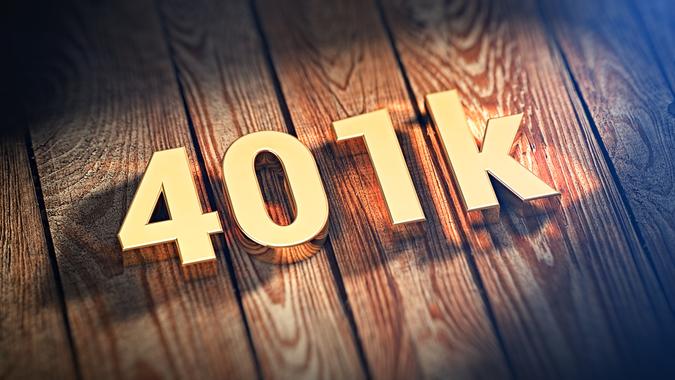
If you’re younger than 40 years old, you may not even know what a pension is. Also called defined benefit plans, pensions used to be the primary source of retirement funding for American workers. Employers were completely in control of and responsible for pensions, which would guarantee specific payments to retired workers. Starting in the 1980s, pensions rapidly began disappearing, as the defined contribution 401(k) plan dominated. Unlike with pensions, 401(k) plans don’t offer guaranteed retirement payouts, which are instead determined by the performance of the 401(k) investments. New rumblings in 2021 from the Biden administration, however, threaten to change the 401(k) plan as we now know it. Although the 401(k) plan isn’t likely to go the way of the pension plan, there may be significant changes ahead.
The Demise of the Pension
From the 1940s until 1987, the number of workers covered by a pension plan grew from 4 million to 40 million. But by the late 1980s, the 401(k) plan, which was created in 1978, was charging full steam ahead, changing the worker retirement landscape forever. As of March 2020, while 67% of full-time workers had access to a retirement plan, only 3% had access to a defined benefit plan only, according to the U.S. Bureau of Labor Statistics.
There are two primary reasons why the 401(k) plan helped bring about the end of the pension-dominated retirement plan era. First, employers were able to shift the burden of retirement funding, and most of the cost, to employees. Rather than having to fund an investment account that could provide lifetime payouts to an entire workforce, employers could now simply set up 401(k) plans that employees themselves would contribute to. Although most large employers do make limited matching contributions to employee accounts, they’re no longer responsible for funding an employee’s entire retirement.
The second reason for the rise in popularity of the 401(k) is that employees generally wanted it. With a 401(k) plan, an employee can choose how much they want to contribute and what they want to invest in, rather than trusting that an employer will handle all of these decisions for them.
The Demise of the 401(k)?
One of the signature benefits of the 401(k) plan is the tax deduction that employees receive for making contributions. Combined with the investment choices and matching contributions workers get from their employees, this tax deduction is one of the main reasons that 401(k) plans are so popular. Yet, rumblings from the Biden administration suggest that this tax break might be altered in the future.
Biden’s Proposed Modification of the 401(k) Tax Deduction
The Biden administration’s proposal would change the current 401(k) tax deduction into a tax credit. Whereas a tax deduction reduces your taxable income, a tax credit directly reduces your tax liability via a dollar-for-dollar reduction of the tax you owe. The Biden proposal would level the amount of this tax credit to a flat 26% across the board, regardless of your current marginal tax bracket.
Here’s why that matters. If you’re in the 37% tax bracket and contribute $10,000 to your 401(k) plan, you’re entitled to a $3,700 tax deduction currently. But those in the lowest 10% tax bracket would only receive a tax deduction of $1,000 for the same $10,000 contribution. The Biden proposal would adjust that to a $2,600 tax credit for any taxpayer making a $10,000 contribution, regardless of their tax bracket.
Does This Mean the End of the 401(k) Plan?
Even if the Biden administration were to successfully enact its proposals, 401(k) plans aren’t going away anytime soon. In fact, for some workers, the proposed changes will amount to a huge windfall. The workers who are targeted in this proposal are those earning high incomes, as their contributions currently garner higher tax write-offs. The Biden administration views its proposed changes as “leveling the playing field,” offering even lower-income workers access to the tax benefits that 401(k) contributions provide. It may also encourage these workers to begin contributing to a 401(k) plan, something that will help them down the road in their retirement years.




























